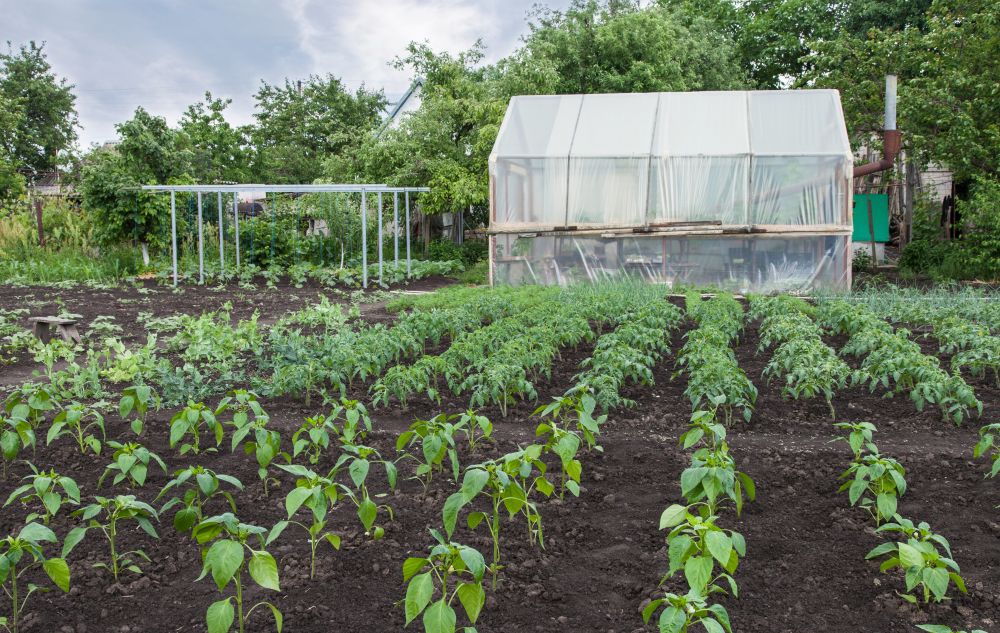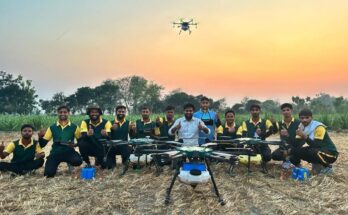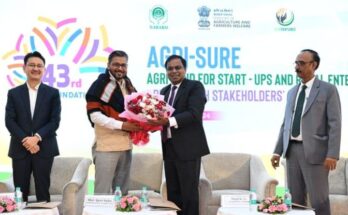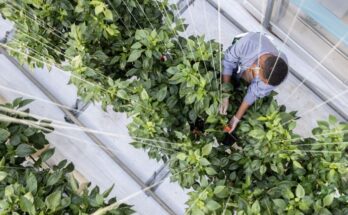Technology in agriculture, started as early as the 1960s with the Green Revolution. The decade that brought significant improvements in machine and methods, and technology presented novel methods of dealing with the imminent food crisis. But it wasn’t till the post-internet boom that the use of software and mobile devices entered the world of agri-tech and ushered in the era of Digital Farming.
Digital Farming, the application of location-based data and other relevant agronomic information to scientifically augment the cultivation process from sowing to harvesting, encompasses every step in the journey of agriculture. As per a recent research report, the global smart farming market is expected is expected to touch US$23.14 billion by 2022, showing a compound annual growth rate of almost 20 per cent from 2017 to 2022.
What Does Digital Farming Need to Succeed?
The benefits of technology in agriculture are more than apparent. While developed countries have been early adopters, the lure of adopting a more scientific and technologically aware approach towards food production is now seeing widespread adoption in Africa, India, and other developing nations as well.
There are a number of ingredients that contribute to making digital farming a success story and the biggest among them is infrastructure. The access and availability of state-of-the-art infrastructure at different stages of the supply chain is an integral component of successful agricultural digitisation.
But beyond the availability of infrastructure, one of the biggest dilemmas that heralds this discussion of digitisation is deciding whether to develop the technology in-house, or opting for a stable, outsourced farm management solution. While both options do offer significant value to farmers in the form of better predictability, improved efficiency and sustainability, here are some of the factors that can help in making an informed decision while opting to go digital in agriculture.
1. Ability to Innovate in the Industry
While a number of ERP solutions offer solutions that cater to agriculture, their capabilities are not tailor-made towards constant innovation in agriculture. A good farm management software is disruptive in every sense and focuses on building what it already knows.
Digital Farming is not limited to utilising data to make well informed decisions in the cultivation process, it also focuses on analysing and constantly learning from the data to build efficiencies for the future.
2.Integration Capabilities with Other Applications in the Agri Eco-system
The impact of technology in agriculture is not limited to just one or two stages of the cultivation process. Right from deciding which seeds to plant where and when, to warehousing and storage — technological improvements have impacted every step of the journey.
This often means that there are a number of different applications that need to work together in order to improve overall efficiency and ensure seamless communication between systems. Easily being able to integrate with other systems and applications is a core differentiator while opting for a stable farm management software.
3. High Level of Customisation
There are a huge number of differences in the farming practices between developed and developing nations. Aspects such as digital penetration, availability of infrastructure and even the size of individual farm lands differ as we go from country to country.
Easily configurable solutions catered towards solving challenges that are unique to a particular segment, environment, or business is a huge differentiator in overcoming the initial hesitation towards adoption. In cases where an agribusiness has multi-country operations and is looking to roll out a global digital strategy with one platform, this is a very important aspect to consider.
4. Ensure Zero Data Loss
One of the biggest challenges while moving to a more evolved digital farming solution or farm management software is the fear of losing data that is already stored in legacy systems. However, an advanced farm management software is designed to easily connect with existing data sources and ensure that none of the data is lost in the process of migration.
5. Possibility for localisation
Another obvious advantage of opting for a solution that is solely dedicated to agri-tech, is the extent of localisation that is possible. Many of the farmers, especially in developing economies, are more comfortable with local languages and offering them a service that is capable of easily integrating local languages ensures a much better experience and thus enhances overall adoption.
6. Complete and 100% data security
There are multiple stakeholders involved in the different stages of production and distribution of each crop and data is collected at every step of the journey. A mature and stable farm management software is geared towards protecting the privacy of each stakeholder and ensures high level of encryption to prevent even the remotest possibility of data leakage.
7. Look for Technology that is Constantly Learning and Evolving
Ultimately, what differentiates a good technology solution in agriculture from a great one is its ability to use data not just to accurately inform and predict the current outcome, but to use this data to constantly develop newer features that enhance the existing system and build efficiencies for the future.
Like any other industry that is harnessing the power of big data and machine learning to further improve what is already being practiced, technology in agriculture too needs to be focussed towards enhancing overall productivity and making more sustainable decisions to support our planet.
(Views expressed in the article are author’s own)




